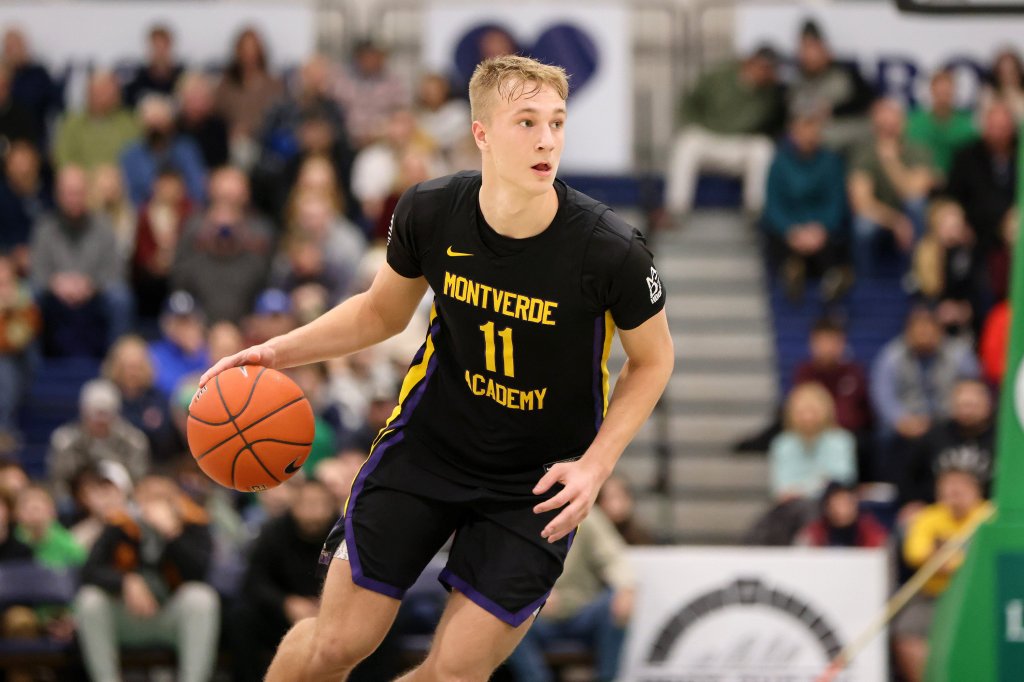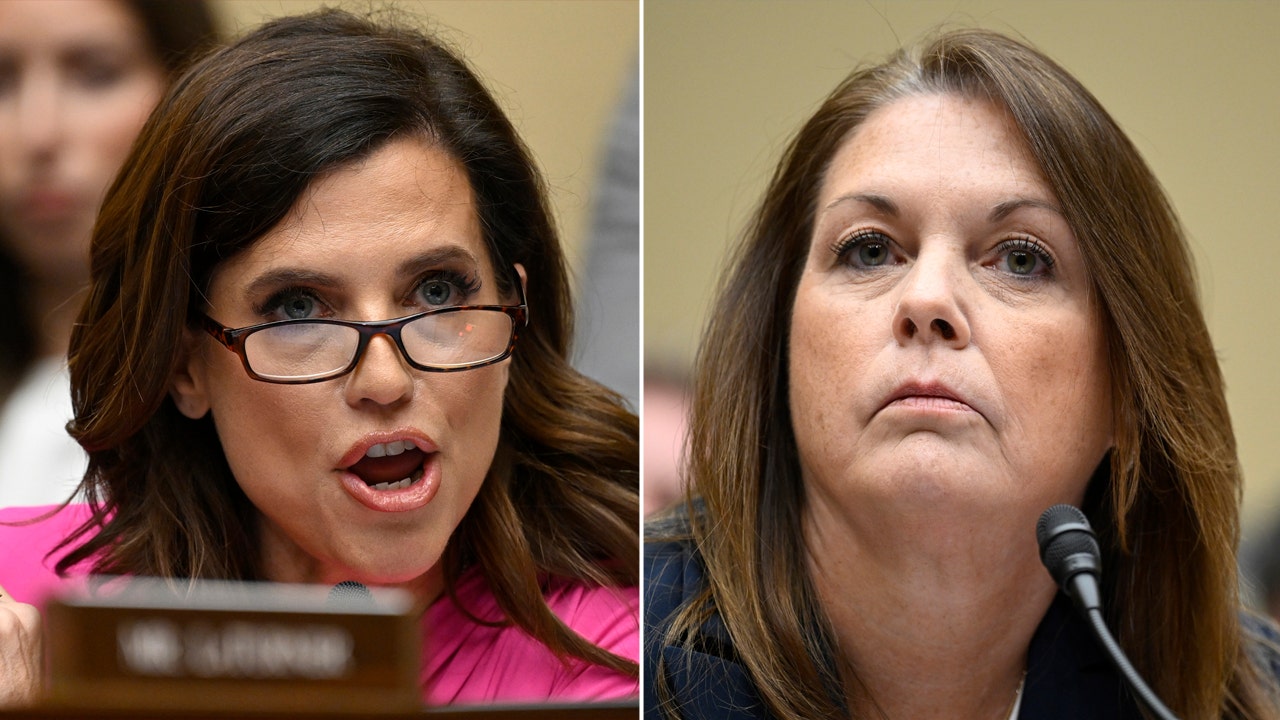BASKETBALL
Ace Flagg, the 17-year-old Newport native, is transferring for his final year of high school basketball.
Flagg is enrolled at Greensboro Day School, a private school in Greensboro, North Carolina, according to a report on the social media site X.
The 6-foot-7 Flagg is entering his senior year while Cooper Flagg, his twin brother who reclassified before last season, is set to begin his freshman year at Duke. The move puts the brothers only 50 miles apart.
Kelly Flagg, the twins’ mother, confirmed the report on X, posting that she’s “excited for this next chapter in Ace’s basketball journey.”
Ace Flagg played the last two seasons alongside Cooper at Montverde Academy in Florida. In 27 games last season, he averaged 2.6 points and 1.3 rebounds, shooting 54% from the field.
Flagg has received scholarship offers from several Division I schools, including West Virginia, George Washington, Saint Joseph’s and Florida Gulf Coast, as well as UMaine.
NBA: Turner Sports intends to continue its longtime relationship with the NBA. Warner Bros. Discovery, the parent company, informed the league it will match the $1.8 billion per year offer by Amazon Prime Video. Turner has had an NBA package since 1984 and games have been on TNT since the network launched in 1988.
SOFTBALL
LITTLE LEAGUE: Rhode Island scored five runs in the first inning and beat Gorham 11-0 in the Little League Softball New England Regional on Monday in Bristol, Connecticut.
Maine falls into the loser’s bracket in the double-elimination tournament and will face Vermont at 10 a.m. Tuesday. The game will be televised on ESPN+.
HOCKEY
ECHL: Defenseman Christian Berger, a St. Louis native who was the Penn State captain last season, has signed to make his pro debut with the Maine Mariners.
Last season, Berger posted two goals and four assists in 30 games. As a junior, he led the Nittany Lions’ defensemen with 20 points. including five goals and 15 assists.
NHL: The Columbus Blue Jackets hired Dean Evason as coach, filling the league’s final vacancy two months before training camp.
SOCCER
MESSI OUT: Lionel Messi of Inter Miami won’t play in the MLS All-Star Game while nursing an ankle injury.
Messi, 37, left the July 14 Copa America final win over Colombia with a right ankle injury. His teammate, Luis Suárez, also won’t play in the game Wednesday in Columbus, Ohio, with what the team described as “knee discomfort.”
MEXICO: Javier Aguirre was appointed coach of the national team for the third time and will replace Jaime Lozano, the Mexican Soccer Federation announced. Former defender Rafael Marquez will be Aguirre’s main assistant.
OLYMPICS
GAMES TOUTED: On the eve of the Paris Olympics, IOC President Thomas Bach touted the games as a uniting force in a world of divisive and “deeply disturbing” trends.
“We are witnessing a new world order in the making,” Bach told an audience that included French President Emmanuel Macron, organizers of the Paris Games that open Friday and officials from Olympic sports federations.
• Tadej Pogacar, the three-time Tour de France winner, withdrew from the road race at the Olympics, one day after becoming the first rider to win the Tour and the Giro d’Italia in the same season in nearly three decades.
COLLEGES
FOOTBALL: Wisconsin will begin selling alcohol at home games this season.
The university’s decision left Nebraska and Northwestern as the only two schools who aren’t allowing general seating alcohol sales in the 18-team Big Ten. Alcohol sales are also set to begin this season at Michigan.
– Staff and news services
« Previous
Next »
Related Stories

































